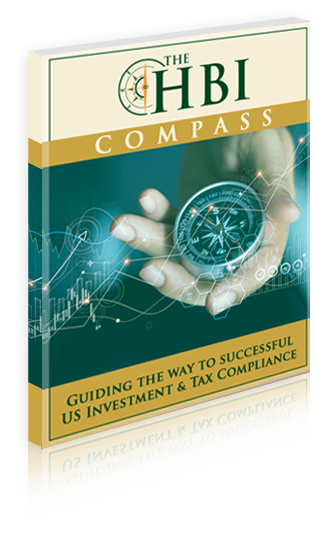When deciding to start a business, there is a lot of paperwork to navigate. One of the first decisions you’ll need to make is choosing a business entity. Deciding between the four options can be overwhelming, as there are many factors to consider.
- Tax Treatment
- Ability to Raise Capital
- Separation of Ownership and Management
- Limited Liability Protection
- Transferral of Ownership
- Ease of Formation
Think about your needs in these areas as you read more about the four entity options.
Sole Proprietorship
A sole proprietorship is the simplest option, and often the default for business owners who do not want to invest too much time or energy into selecting the right entity for them. When tax season comes along, the owner simply has to report profits on their personal tax record. However, the owner will have to pay a self-employment tax on profits. This simple structure means that the owner’s personal assets are tied to the company. So, if the business fails, the owner could have to pay for the company’s debts with their personal property.
Limited Liability Company (LLC)
LLCs are very popular because they give the owner more flexibility. Owners can choose between the streamlined tax structure of a corporation or the pass-through structure of a partnership that would help owners avoid double taxation. And as the name suggests, owners will receive legal liability protection.
Partnership
If you think you want an LLC but you have multiple owners involved, you may want to consider forming a partnership. This option provides legal liability protection, the ability to add multiple partners, and a choice of how revenue and expenses are distributed.
Corporation
Perhaps the most common entity type, a corporation is instrumental in protecting your personal assets, as it creates a separate entity from yourself. This option does however involve a lot of paperwork and complicated accounting. Some benefits include the ability to transfer ownership, sell shares of the company to raise capital, and take advantage of government benefits like pension plans.
While we can still provide you with tax benefits and legal protection after you’ve set up an entity, we want to support you from the beginning. We can assist you in choosing a business entity and setting up the most efficient tax structure to meet your needs and help you realize your goals here in the United States. To get started, visit our website or contact us directly.



